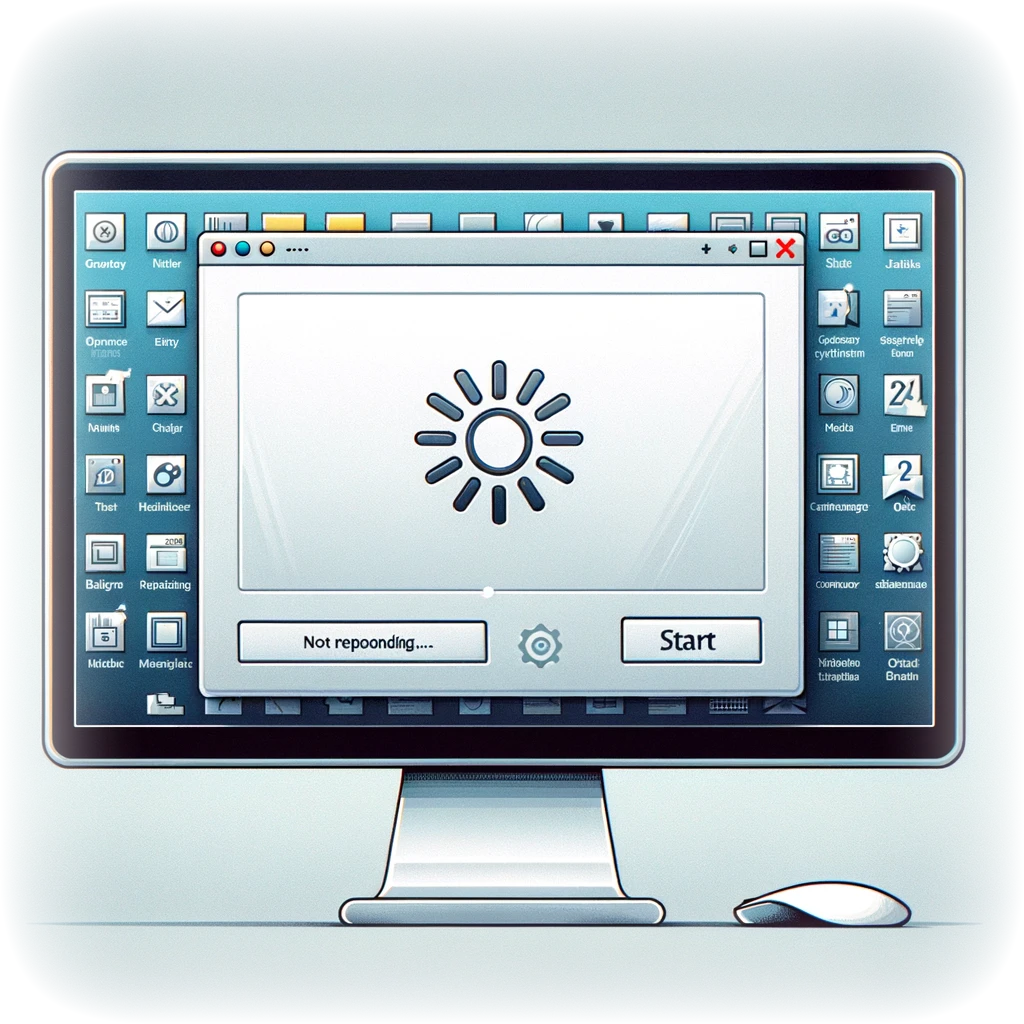Table of Contents

Resolving Taskbar Freezing Issues: A Comprehensive Guide
Author(s): Louis Ouellet
In this blog post, we delve into a common yet frustrating problem faced by many users: the taskbar freezing issue. This problem is often linked to the Tablet Input Service, also known as the Touch Keyboard and Handwriting Panel Service. If you've encountered this issue, you're in the right place. We'll guide you through the troubleshooting steps to get your taskbar up and running smoothly again.
Introduction
The taskbar is an essential component of the Windows operating system, providing quick access to applications, notifications, and system settings. However, it can sometimes freeze, rendering it unresponsive. This tutorial addresses the root cause of this issue related to the Tablet Input Service and outlines a step-by-step process to resolve it.
Process
Follow the steps below meticulously to troubleshoot and potentially fix the taskbar freezing issue:
Step 1: Export Registry Key
Before making any changes, it's crucial to export the registry key for backup purposes. This ensures that you can restore the original settings if needed.
- Navigate to
Start>Run(or press + R), typeregedit, and press Enter to open the Registry Editor. - Go to
HKLM\SYSTEM\Software\Microsoft\TIP\TestResults\. - Right-click on
27641370and selectExport. Choose a location and save the registry key as a backup.
Step 2: Delete Registry Key
With the backup in place, proceed to delete the problematic registry key.
- In the Registry Editor, right-click on
27641370and selectDelete.
Step 3: Disable the TabletInputService
Disabling the service can prevent the taskbar from freezing.
- Open the Run dialog again ( + R), type
services.msc, and press Enter. - Find
TabletInputServiceorTouch Keyboard and Handwriting Panel Servicein the list. - Right-click and select
Properties. Set the Startup type toDisabledand clickStopif it's running, then clickOK.
Step 4: Manage TabTip32.exe and TabTip.exe
Taking ownership and renaming these files can further ensure the issue is resolved.
- For both
TabTip32.exeandTabTip.exelocated in their respective directories (C:\Program Files (x86)\Common Files\Microsoft Shared\ink):- Take ownership via the
Properties>Security>Advancedmenu, - Then rename them to
.bak.
Conclusion
After completing these steps, restart your computer to apply the changes. This process is designed to tackle the taskbar freezing issue head-on, providing a smoother and more reliable user experience. Remember, the key to success is following each step carefully and ensuring you have backups before making any changes to your system.
Stay tuned for more tips and tricks on managing and optimizing your Windows environment.
